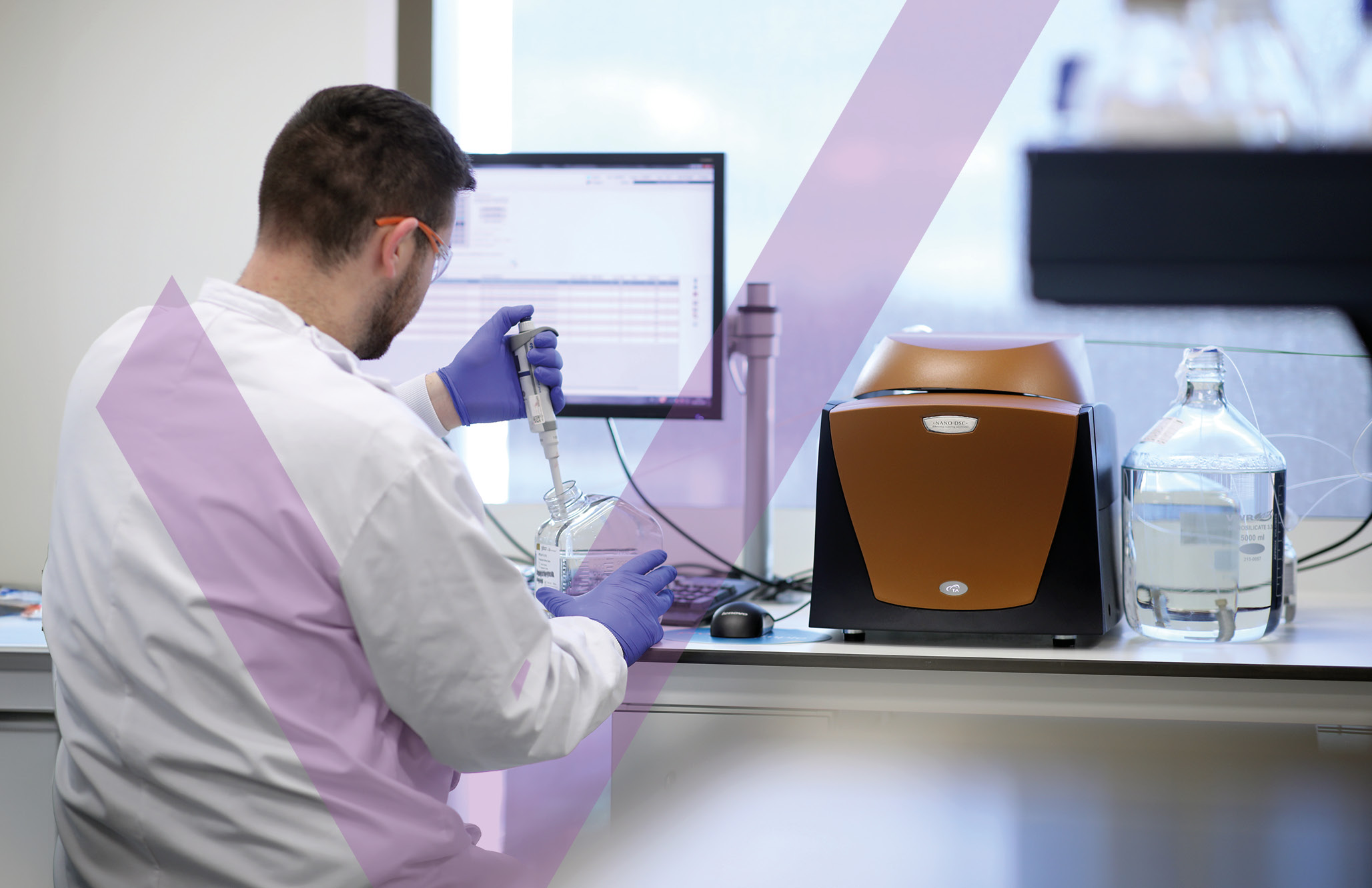Preparing the UK workforce for increase in RNA therapeutic manufacturing
Due to the speed of development, safety, and broad application, RNA therapeutics are set to have an incredible impact on the treatment of a wide range of infectious diseases.
After rising to prominence in 2020 during the COVID-19 pandemic, RNA therapeutics are now potentially able to play a huge role in addressing how we treat life-threatening and contagious diseases. Over the next few years, there is likely to be a significant increase in the manufacturing output of RNA therapeutics.
For the UK to remain at the forefront of this technology and take advantage of the market opportunity, the development of a skilled workforce is essential.
In response to this, CPI, working with FUJIFILM Diosynth Biotechnologies, have created a workforce foresighting report to highlight the future capabilities and skills required to deliver this intensification of manufacturing of RNA therapeutics.
The Intensification of RNA Therapeutics Manufacturing report was generated in partnership with The Workforce Foresighting Hub programme, which works with the Catapult Network to convene industry employers, educators, and domain specialists to assess capability needs and identify the skills needed to drive future growth.

What did the report discover?
The workforce foresighting process brings together industry experts to establish Future Occupational Profiles (FOPs) which inform what skills will be needed in the future. They are then measured against existing IfATE standards and provision to identify if these standards are suitable to deliver the capabilities required.
While the report found that some of the FOPs had existing IfATE standards which were already suitable, it also identified that intervention was required to improve several of the IfATE standards in order to meet the capabilities of several of the FOPs.
Failure to address this would lead to future skills gaps, causing delays in:
- Technology development and deployment
- Scaling-up production
- Project delivery
Without a skilled workforce to fully exploit the development of the intensification of RNA therapeutic manufacturing, there is a risk of deterring inward investment and consequently making it harder for the UK to compete on a global scale.
The key recommendations
The existing education provision provides a solid foundation for the future skills, however further development is required to deliver an appropriately skilled workforce. To do this, a collaborative approach is needed between educators and employers to prepare the future workforce to allow the UK to fully exploit this technology to its full potential.
The key recommendations from this report are:
- Employers should review the identified FOPs and associated capabilities relevant to their organisation, to inform their workforce development plans
- Educators should work with Employers to develop appropriate provision, and also investigate the future capabilities identified in the report, to match the specific new capabilities with elements of existing provision
- Upskilling and reskilling of the current workforce should be considered to meet the demands of emerging technologies in the short term
Related programme

Workforce Foresighting
How do we build a skilled workforce for tomorrow’s industries? The Workforce Foresighting Hub has developed a structured process, aligned with national policy, to help deliver a workforce to exploit innovative technologies in the UK. We’re supporting industry, policymakers and educators to adapt to continuing change.





